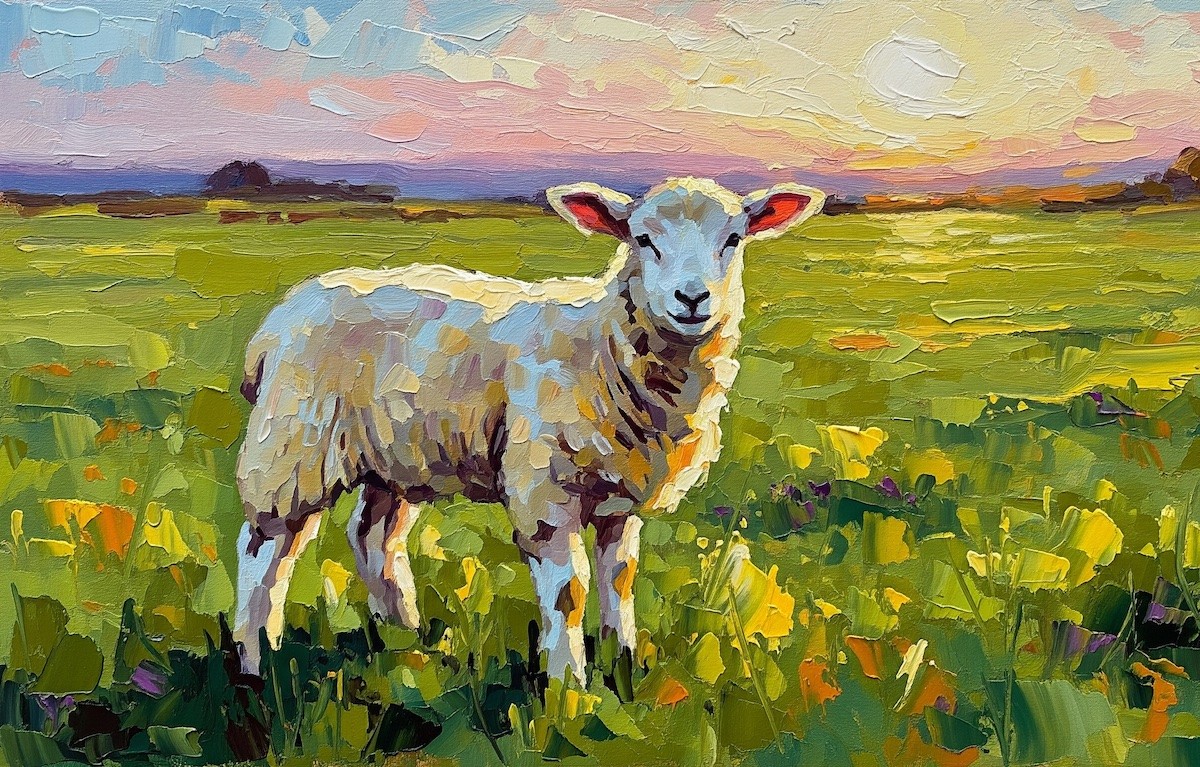“As for Mephibosheth, said the king, he shall eat at my table, as one of the king’s sons.” (II Samuel 9:11b)
God seeks sinners to show us kindness. What does that look like? Everyone who has been saved by the grace of God could testify of God’s kindness. Those found in the pages of scripture testify of it, and their testimonies are preserved forever for the glory of God and the benefit of others. Mephibosheth is such a person.
Mephibosheth begins in humility but ends in honor. When we meet him in II Samuel, his life is hard. Though his grandfather was Saul, Israel’s first king, Mephibosheth lives in obscurity. King Saul had died in battle along with his son Jonathan, Mephibosheth’s father. When news of this defeat reached those who kept five-year-old Mephibosheth, the boy’s nurse fled, fearing that Mephibosheth would become a target. She took the child with her, but “he fell, and became lame” (II Samuel 4:4). Years later, after David has become king, he looks for ways to honor the house of Saul despite how King Saul had tormented David. Jonathan and David had been close friends as young men. As king, David searches for any who are “of the house of Saul” to show them kindness “for Jonathan’s sake” (II Samuel 9:1). When he is told of Mephibosheth, he shows him kindness by restoring his lost royal land (9:7) and providing Mephibosheth a place to eat bread at David’s table continually (9:13).This account of David’s care for Mephibosheth is heartwarming. It is also a powerful illustration of Christ loving the unlovely. Mephibosheth is unremarkable (lame on both his feet, identifies himself as “a dead dog” in 9:8, and bows himself before King David). David’s kindness reflects Christ’s. Mephibosheth’s needy state reflects ours. We are all Mephibosheths, unable to redeem ourselves. The Lord Jesus pities and loves us as David did Mephibosheth. May this picture inform us and glorify God as we see ourselves in Mephibosheth and see Jesus in David.


